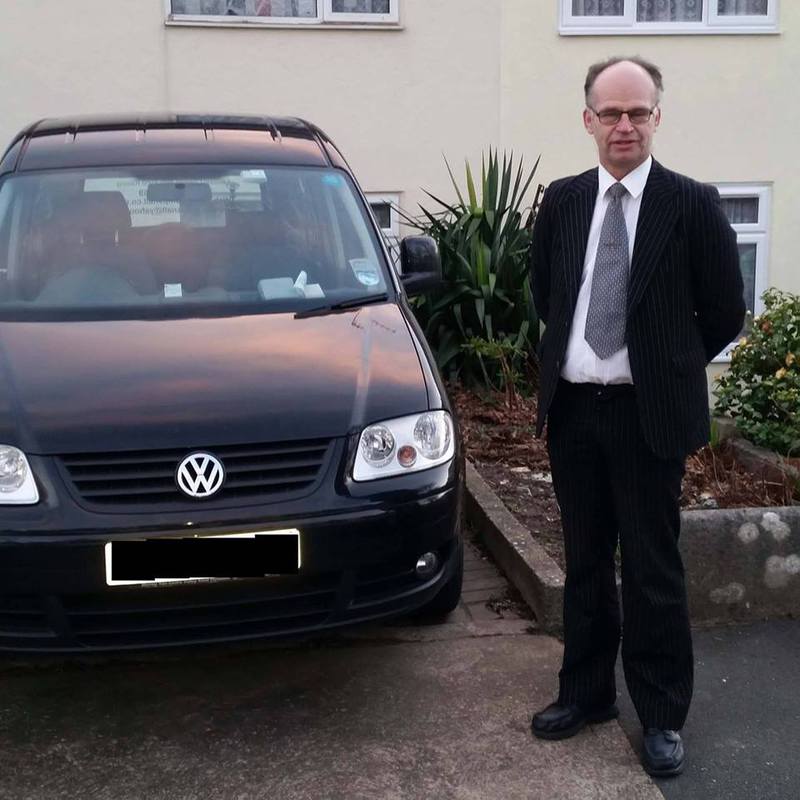-
 Découvrez l'agenda des collectionneurs !
Découvrir l'agenda
Découvrez l'agenda des collectionneurs !
Découvrir l'agenda
- Fermer×
-
-
Acheter
- Rechercher
- Mes favoris
- Mes offres
- Mes achats
- Mes évaluations
- Historique
- Plus de liens
- Paiements
-
Vendre
- Mettre en vente
- Mes objets en vente
- Modifications multiples
- Mes objets invendus
- Mes objets vendus
-
- Ma boutique
- Mes évaluations
- Historique
- Plus de liens
- Paiements
-
Communauté
-
Acheter
Fermer
Recherches populaires
Aucun résultat
Catégories liées
Aucun résultat
Objets populaires
Aucun résultat
Il n'y a pas d'objets correspondant à votre recherche...
Vérifiez que l'orthographe des mots est correcte ou élargissez votre recherche pour obtenir des résultats !
Il n'y a pas d'objets correspondant à votre recherche...
Vérifiez que l'orthographe des mots est correcte ou élargissez votre recherche pour obtenir des résultats !







